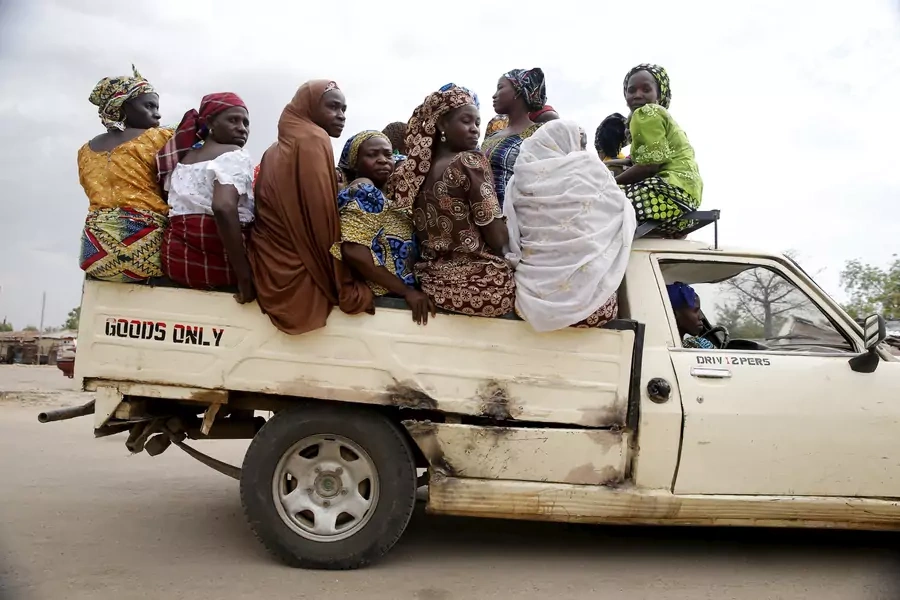The Security Implications of Human Trafficking

A new report from the Women and Foreign Policy program, launched this week, highlights the security implications of human trafficking and offers recommendations to prevent human trafficking and advance U.S. security interests.
Human trafficking is a gross violation of human rights that affects populations across regional, ethnic, and religious lines. In 2016 alone, the United Nations detected close to twenty-five thousand victims of human trafficking, though this figure hides many unreported cases. Seventy-two percent of them were women and girls. Globally, an estimated 40.3 million people in 2016 were entrapped in modern slavery—exploitative situations they could not leave or refuse due to coercion, deception, threats, or violence.
More on:
But human trafficking is not only an affront to human rights and dignity—it is also a criminal and security concern. Human trafficking occurs in almost every country in the world, but takes on particularly abhorrent dimensions during and after conflict. Some forms of trafficking are particularly prevalent in the context of armed conflict, such as sexual exploitation, enslavement, and forced marriage; forced labor to support military operations; recruitment and exploitation of child soldiers; and removal of organs to treat injured fighters or finance operations.
Human trafficking can fuel conflict by enabling armed and extremist groups to raise income and expand their power and military capabilities; groups such as the self-proclaimed Islamic State in Iraq and Syria and Boko Haram in Nigeria have enslaved women and girls and generated revenue from sex trafficking. Governments may profit as well: state-sponsored trafficking can provide corrupt regimes a source of income and bolster their military capabilities. Human trafficking can also drive displacement and destabilize communities, thereby exacerbating conflict and undermining development. When committed by security forces and peacekeepers, human trafficking undercuts the ability of international institutions to carry out their missions of promoting peace and stability.
Despite the security implications of human trafficking, convictions for trafficking offenses are rare, programs focused on prevention and protection are under-resourced, and most efforts to address human trafficking are detached from broader conflict-prevention, security, and counterterrorism initiatives.
The report outlines ways in which the U.S. government can better prevent human trafficking and advance U.S. security interests. Recommendations include:
- use sanctions to apply a travel ban and asset freeze on human traffickers;
- pursue charges against Islamic State affiliates of sexual slavery and other forms of human trafficking;
- encourage troop-contributing countries to hold accountable peacekeepers who perpetrate sexual exploitation;
- collect intelligence on human trafficking in locations where it already tracks drug and arms trafficking; and
- lead by example by ensuring that its policies on migration and asylum disincentivize trafficking and support its victims.
More on:
These steps will help the United States and its allies reduce human trafficking in conflict and terrorism-affected contexts while promoting broader peace and stability.
 Online Store
Online Store